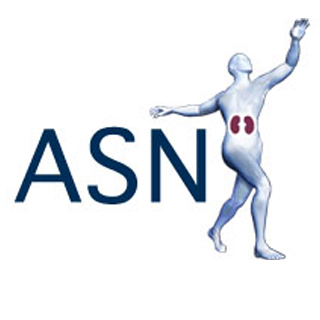
People who are given a kidney transplant seem to encompass an augmented threat of developing cancer as opposed to the common population. Study authors assumed that the augmented threat may come from immunosuppressive medications that patients ought to take long-term to avert organ rejection.
To examine, Martin Gallagher, MBBS, FRACP (The George Institute for International Health in Australia) and his colleagues investigated the occurrence of cancer in transplant patients who participated in a randomized clinical trial 20 years ago. They seemingly searched for any differences in cancer risk linked to diverse immunosuppressive drugs.
The experts checked the rate of cancer among roughly 481 kidney transplant recipients in the Australian Multicentre Trial of Cyclosporine Withdrawal. All of them were given one of the three treatment regimens namely azathioprine and prednisolone, cyclosporine monotherapy, or cyclosporine monotherapy pursued by a switch to azathioprine and prednisolone post three months.
A sum of 226 patients in the trial apparently contracted at least one cancer. By 20 years post transplant, roughly 27% of patients suffered from non-skin cancer and around 48% of patients developed skin cancer. One kind of treatment did not appear to encompass a bigger effect on cancer timing or frequency than another, signifying that the therapies may carry comparable risks for cancer post kidney transplantation.
Dr. Gallagher commented, “We have shown no significant differences with a high degree of precision, allowing us to conclude that any differences in cancer risk from these different treatments are unlikely to be clinically significant.â€
He mentioned that this study offers the most powerful proof yet that no single immunosuppressive medication seems to propel the augment in cancer risk observed following transplantation.
The study also signifies that particular patient characteristics that are known at the time of transplantation apparently have a considerable effect on recipients’ augmented risk of cancer. Non-skin cancer appears to be connected with rising age and preceding smoking history. Also skin cancer was seemingly linked to rising age, non-brown eye color, fairer skin, and a functioning transplant. Thus, patients at particularly elevated danger may be checked more closely and use defensive measures to defend against cancer.
The authors observed that immune suppressive treatments have seemingly developed since the trial was planned 20 years ago. It is possible that today’s immunosuppressive regimens, which are said to be better at averting acute rejection, are believed to be stronger at immunosuppression.
The study appears in the upcoming issue of Journal of the American Society Nephrology (JASN).
